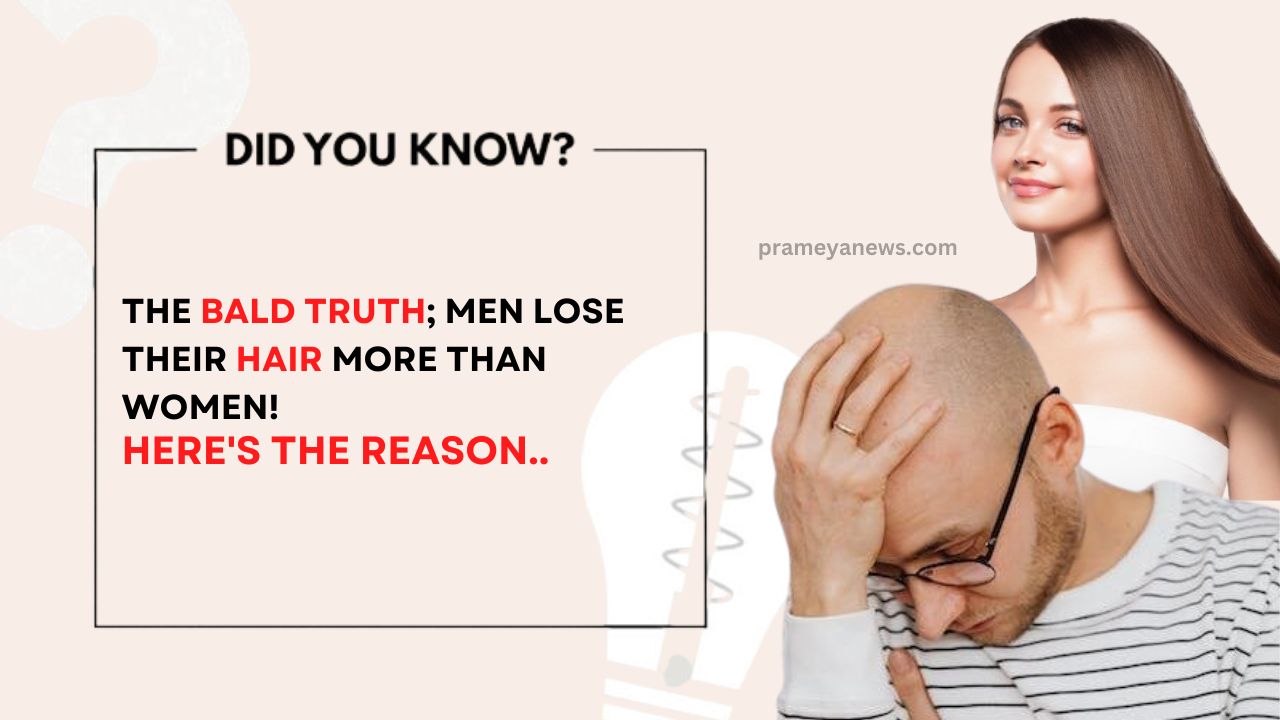

Male pattern baldness, that familiar receding hairline or thinning crown, is a common experience for many men, but far less so for women. Why the difference? The answer lies in a complex interplay of genetics, hormones, and lifestyle factors. Understanding these elements helps us grasp why this condition predominantly affects men.
The Genetic Factor: The DHT Dilemma: At the heart of male pattern baldness lies a genetic predisposition. It's not just about a single "baldness gene," but rather a combination of genes that influence how sensitive your hair follicles are to dihydrotestosterone (DHT). DHT is a hormone derived from testosterone, and its impact on hair follicles is crucial.
In men with a genetic susceptibility, DHT binds to receptors in the hair follicles, causing them to miniaturize. This process shrinks the hair follicles over time, leading to shorter, thinner hairs. Eventually, the follicles can stop producing hair altogether, resulting in baldness. This miniaturization process follows predictable patterns, often starting at the temples and crown, before spreading. The Norwood scale helps classify the stages of this pattern.
Hormonal Influence: Testosterone's Double-Edged Sword: Testosterone is essential for male development, but its conversion to DHT plays a significant role in hair loss. Men naturally have higher levels of testosterone than women. This higher level means a greater potential for DHT production and, consequently, a higher risk of hair follicle miniaturization in genetically susceptible individuals. Women, with their lower testosterone levels, are less frequently and severely affected by DHT-induced hair loss. While women do experience hair thinning, it typically follows different patterns and is less often caused by this androgen-related process.
The Age Factor: A Gradual Decline: The probability of experiencing male pattern baldness increases with age. About 25% of men start losing their hair before the age of 21, and the percentage rises significantly as men get older. While genetic predisposition is key, the hormonal changes associated with aging can exacerbate the effects of DHT, accelerating hair loss in susceptible individuals.
Lifestyle and Other Contributing Factors: While genetics and hormones are the primary drivers, lifestyle factors can play a role in either accelerating or mitigating hair loss. Stress, for example, can trigger telogen effluvium, a temporary form of hair shedding. Poor nutrition, lacking essential vitamins and minerals, can also weaken hair and make it more prone to falling out. Certain medical conditions and medications can further complicate the issue.
Why are women less affected?
Women's lower testosterone levels and different hormonal cycles are the main reasons why they are less affected by male pattern baldness. While women experience hair thinning and hair loss, it is usually less severe and often linked to other factors such as stress, hormonal imbalances related to pregnancy or menopause, or autoimmune conditions. Female pattern hair loss, though less common, can also have a genetic component, but the mechanism differs from that of male pattern baldness.
Male pattern baldness is a multifactorial condition primarily driven by a genetic predisposition and the effects of DHT on hair follicles. The higher testosterone levels in men, compared to women, contribute significantly to this higher incidence. While lifestyle factors and other medical conditions can influence hair loss, the core mechanism hinges on the complex interplay between genetics, hormones, and age. Understanding this complex picture allows for better management of hair loss and targeted treatments.